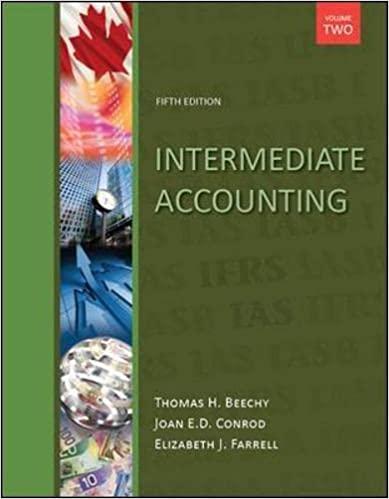Question
Considering the recent corporate collapses in the UK and the resulting loss of confidence in the auditing profession among stakeholders, it appears that the UK
Considering the recent corporate collapses in the UK and the resulting loss of confidence in the auditing profession among stakeholders, it appears that the UK government has remained passive and taken no steps to rebuild trust. I think the external audit exercise in the UK is just a convenient arrangement between a company's directors, its auditors, and regulators, by which they all keep their jobs and security of income, at the expense of the company's shareholders and society at large.
External auditors have too much freedom in deciding on the work they'll do when auditing companies' financial statements, and how and when they'll do it. Consequently, the function they carry out has little worth - if any. I distinctly remember a conversation where an auditor stated that they bear no responsibility for detecting fraud. This statement truly caught my attention and left me somewhat confused. If auditors, who are primarily tasked with ensuring the accuracy and integrity of financial information, do not consider fraud detection within their purview, it naturally raises the question: Who, then, should be responsible for identifying and preventing fraudulent activities within organisations? And does it really mean external auditors don't have responsibility for fraud, whatsoever?
I struggle to comprehend the distinctions between a company's internal auditors and external auditors. Or put simply, why do companies require two types of auditors? In other professional services, such as legal matters or employee diversity concerns, you wouldn't expect a company to engage two different advisers. I'm uncertain, but I have heard that external auditors rely on the work conducted by a company's internal audit function during audits. If that's the case, why not consolidate and save costs by employing just one set of auditors? Even if external auditors rely on internal audit work, if a company faces collapse, questions arise about the effectiveness of the most recent external audit, including the possibility of negligence. Should similar questions not be posed about the company's internal auditors?
I have heard that both the company's directors and auditors are considered agents in their roles, each having agency duties. I find this idea confusing. Directors are, presumably, employees of their respective companies, while auditors are brought in as independent experts to validate financial statements. Employees and independent experts - how can they be considered agents? If both directors and auditors are indeed agents, presumably sharing agency responsibilities, it implies that the relationship between auditors and company directors is excessively close and cosy, leading to mutual trust and contributing to audit failures. I struggle to comprehend the concept of multiple agents in a limited company situation, but if this is the case, it seems to be a significant part of the problem leading to audit failures. Instead of auditors starting with trust in directors as fellow agents during audits, it might be more beneficial if auditors approached their work with total distrust in directors, suspecting that directors will always prioritise their self-interest, regardless of the impact on the company.
In conclusion, I believe that external audits in the UK function as a convenient arrangement among a company's directors, auditors, and regulatory bodies within the auditing profession. This arrangement appears to prioritise job security and income for all parties at the expense of the company's stakeholders and society. I do not think I am alone in holding this view. What is particularly disconcerting to me is the apparent lack of interest from the UK government in changing this status quo. Perhaps we in the UK should learn from past audit failures in the United States and the subsequent legislation introduced in 2002 to address malpractice and fraudulent actions by directors and enhance the independence of external auditors.
Write the Answers for the following question
- Examine the response of the UK government to recent audit failures. Explore the reasons behind their actions or inaction. Furthermore, assesses the efficacy of the government's response in the context of shareholder losses and auditors avoiding consequences in cases of audit failure.
- Discuss the implications of external auditors distancing themselves from fraud detection in financial audits and its impact on directors' responsibilities and regulatory measures for fraud prevention and detection in corporate governance in the context of auditing financial statements.
- Discuss why companies commonly employ both internal and external auditors, and what are the roles and differences between them. Analyse the pros and cons of merging these functions when external auditors rely on internal audit work.
- Discuss the agency relationship between company directors and external auditors, assessing its impact on audit failures and the dynamics of trust. Is there a need for a fundamental shift in the approach of auditors towards directors in terms of trust and suspicion during audits?
- Write a conclusion to respond to the conclusion of the student in the last paragraph.
Step by Step Solution
There are 3 Steps involved in it
Step: 1

Get Instant Access to Expert-Tailored Solutions
See step-by-step solutions with expert insights and AI powered tools for academic success
Step: 2

Step: 3

Ace Your Homework with AI
Get the answers you need in no time with our AI-driven, step-by-step assistance
Get Started


